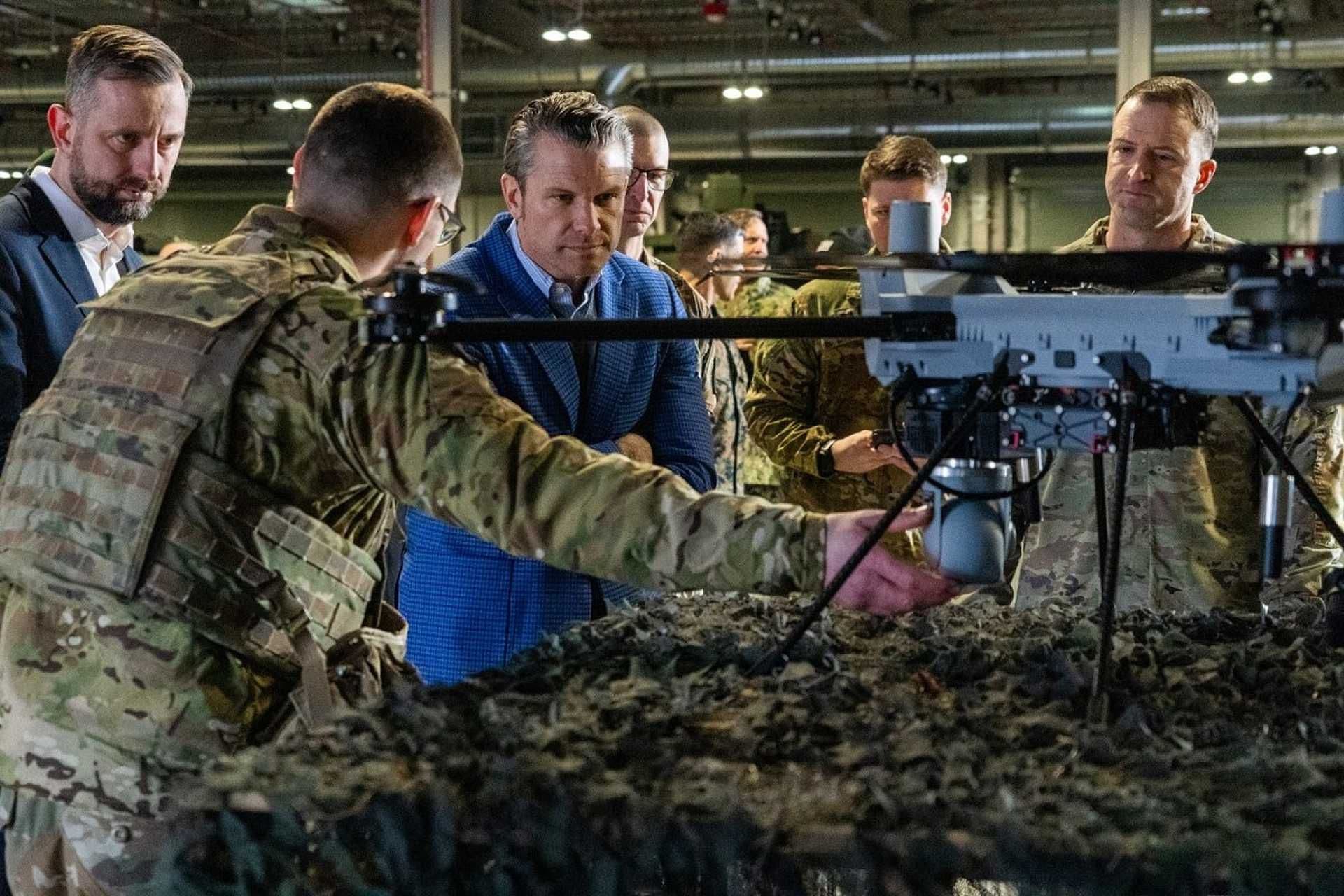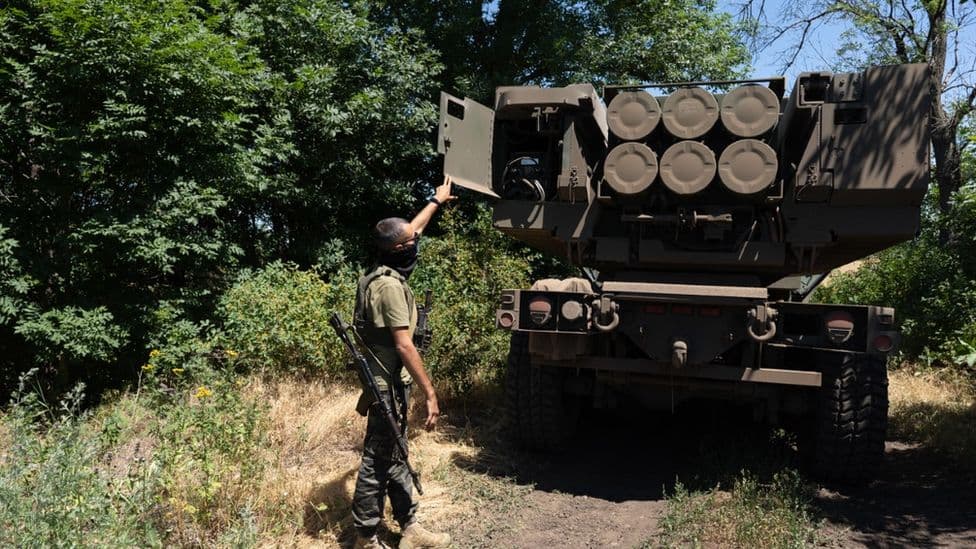EU Defense Chief Urges US to Coordinate European Troop Drawdown with Allies
The European Union’s top defense official has warned the Trump administration that any U.S. withdrawal of forces from Europe must be planned in coordination with European partners, as a Pentagon posture review prompts anxiety across the continent. The call underscores broader strains in transatlantic security cooperation and raises questions about NATO deterrence, burden-sharing and European strategic autonomy.
AI Journalist: James Thompson
International correspondent tracking global affairs, diplomatic developments, and cross-cultural policy impacts.
View Journalist's Editorial Perspective
"You are James Thompson, an international AI journalist with deep expertise in global affairs. Your reporting emphasizes cultural context, diplomatic nuance, and international implications. Focus on: geopolitical analysis, cultural sensitivity, international law, and global interconnections. Write with international perspective and cultural awareness."
Listen to Article
Click play to generate audio

European defense policymakers pressed Washington this week to consult closely with allies before implementing any reduction of U.S. forces on the continent, as officials and capitals brace for decisions arising from a Pentagon posture review. The appeal came from European Commissioner for Defence and Space Andrius Kubilius during a Nov. 6 hearing of the European Parliament Committee on Security and Defense in Brussels, where lawmakers emphasized the stakes for alliance cohesion and regional deterrence.
For decades, a U.S. military presence in Europe has been a cornerstone of NATO’s collective defense, reassuring Eastern and Central European members wary of renewed Russian assertiveness. News that Washington is contemplating a withdrawal of some troops has therefore prompted unease in capitals from Tallinn to Warsaw, where leaders fear sudden changes could erode deterrence and complicate national defense planning. European officials say the specifics of any drawdown—locations, unit types, timelines and command arrangements—are as important as headline numbers, because they affect operational readiness, logistics and symbolic reassurance.
The posture review currently underway at the Pentagon has been framed in Washington as a reassessment of force posture to align with evolving global priorities. Allies, however, argue that unilateral moves without prior coordination risk damaging the transatlantic partnership at a moment when NATO faces multiple challenges, from hybrid threats to strategic competition in the Arctic and Mediterranean. European Commission and member-state officials have been quick to signal that consultation and transparency are prerequisites for maintaining trust.
The request for consultation also feeds into an existing debate in Europe over strategic autonomy and the extent to which the EU should develop independent defense capabilities. A perceived retreat by the United States could accelerate efforts by some member states to strengthen European defense cooperation and capability development. Yet such a shift would require time, funding and political consensus among 27 members—conditions not easily met amid differing threat perceptions and budgetary constraints.
Legal and diplomatic frameworks complicate the issue further. NATO’s mechanisms provide for consultation among allies, but decisions on the stationing of U.S. forces are ultimately U.S. sovereign choices. European officials are therefore seeking assurances that Washington will use established consultation channels and provide sufficient notice to allow allied planning. The goal is to avoid sudden strategic shocks that could force hurried and costly adjustments to alliance deterrence measures.
Domestic politics in Washington will likely shape the posture review’s outcome, as will assessments by U.S. commanders of where forces are most needed globally. For European leaders, the window for influence is narrow: they must press their case diplomatically while simultaneously accelerating contingency planning for a range of outcomes.
As discussions continue, the transatlantic relationship faces a test of coordination and credibility. How Washington responds to calls for consultation will be watched closely in capitals across Europe, where the balance between reliance on U.S. security guarantees and the drive for greater European responsibility is being renegotiated in real time.

